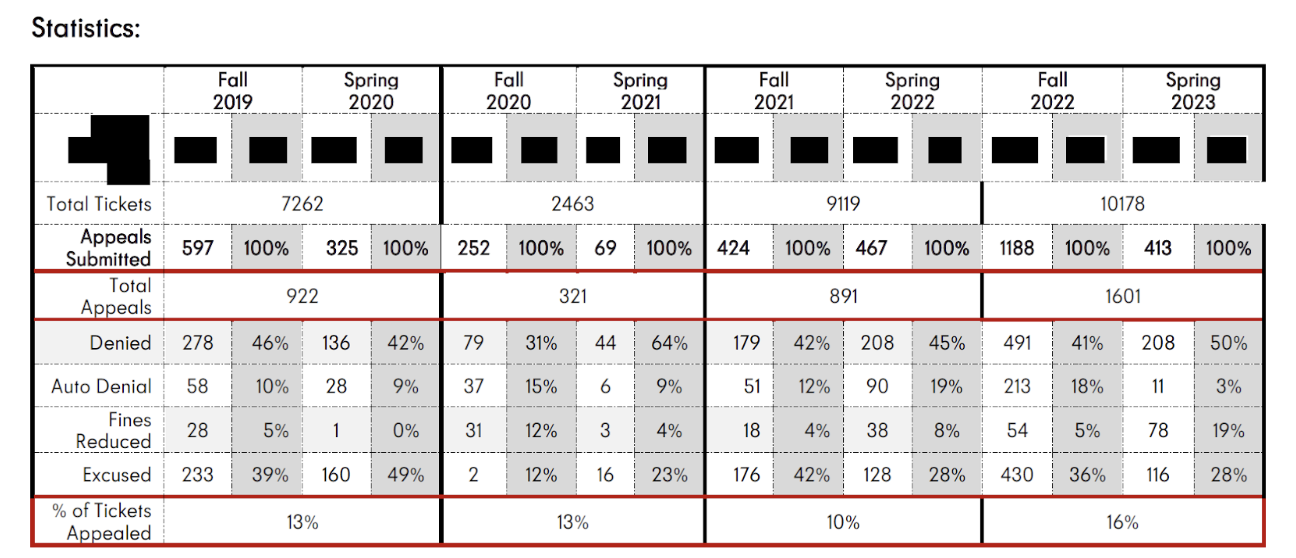By Karli Molignoni

The center for KU’s counseling and psychological services is currently facing an ongoing issue. With the rise in individuals seeking support, the center isn’t able to provide care for everyone who needs it. The current staff at our counseling center work as hard as they can to keep up with the demand, but as a counseling center on a college campus, there are limitations.
This situation isn’t unique to KU. According to Lisa Coulter, director of CPS at KU, “In recent years CPS has seen, similar to college counseling centers nationwide, a marked increase in the demand for counseling services as well as an increase in the severity of mental health problems that students present with.”
Susan Mangold, student assistance coordinator for the office of the dean of students, said that the majority of the issues that students presented with in the past were relationship issues, mild depression or anxiety. More recently, the trends have been different.
“Indicative of the severity of student concerns, last semester 50 percent of CPS clients reported some degree of suicidal ideation at their initial appointment,” said Coulter.
One of the major issues that tends to arise is finding the point where the person seeking help must be referred out to someone in the community surrounding KU. It’s not always easy to determine when that’s necessary.
Pushing a counseling center to its limits like this can be dangerous. The caseloads start to pile up, and eventually, everyone is feeling the effects of an overworked system. This puts stress on the staff and it can also decrease the chance that someone may seek help.
The counseling center has had to resort to putting people on a wait list in the past. CPS has also been forced to put a cap sessions, simply because they don’t have the resources to accommodate seeing everyone on a weekly basis.
According to Mangold, it would be beneficial to hire someone to hold the position of a case manager. This person would be responsible for triage and referrals. “This would reserve the counselors’ time,” she said.
Coulter said that CPS has tried implementing a case manager in the past, but the center ran into some difficulties with the position. They eventually decided that having a sufficient number of counselors is the top priority.
Another option could be to provide affordable transportation for students to get to appointments in the community if a student doesn’t have access to transportation, according to Mangold.
There are a few potential solutions to this issue, but there is no simple answer that will fix everything.
It is important to know that the counseling center will not turn away anyone in crisis, but if someone is looking for ongoing counseling, they may have to look elsewhere.
A major push for support of mental health services is to improve the general wellbeing of a college campus. But beyond this, these services are imperative when it comes to maintaining and improving student academic success and retention.
My hope is that the university will take a step back and look at what is going on around us. This is a much bigger problem than CPS just being overworked. Mental health in general tends to fall by the wayside in college settings.
The general population on a college campus is a group of young, ambitious, eager individuals who have their entire lives ahead of them. Why wouldn’t we prioritize the mental health of a group of young adults who have such a great amount of potential?
Fortunately, CPS received funding to add two temporary counselors this semester. “Looking to the future, it is critical for the additional counseling faculty to be made permanent so that CPS can continue to serve students in an effective and timely fashion, and so that the department can increase outreach initiatives campuswide in an effort to help students before their issues escalate into crises,” said Coulter.





Leave a Reply